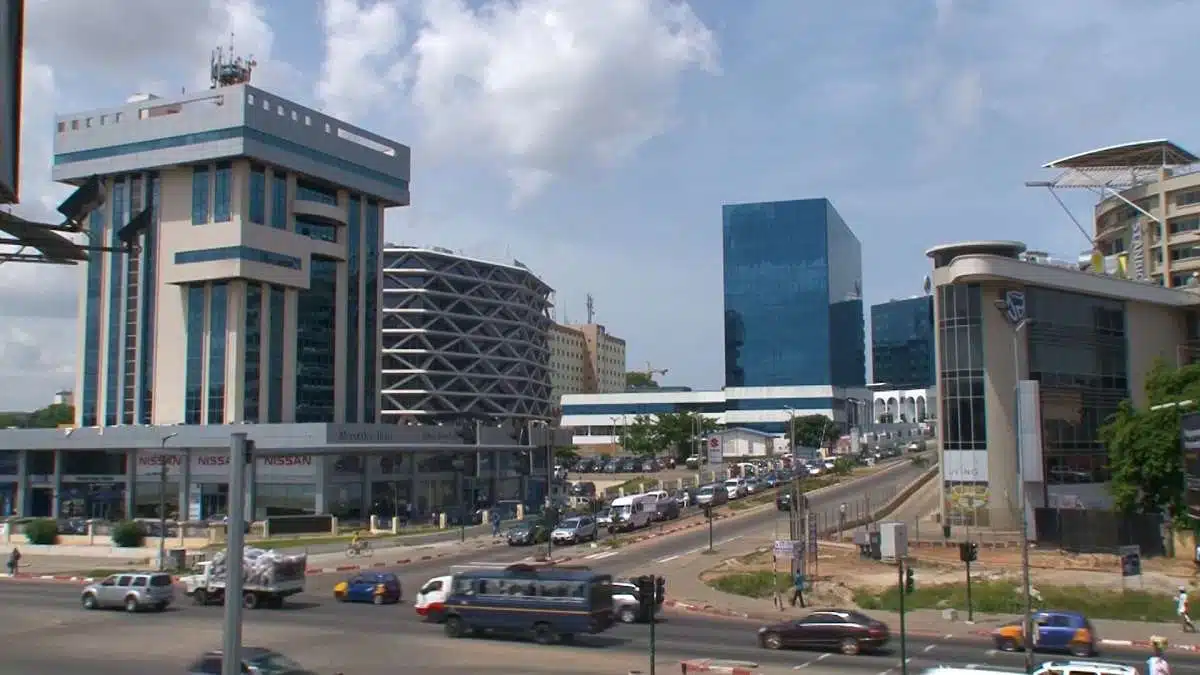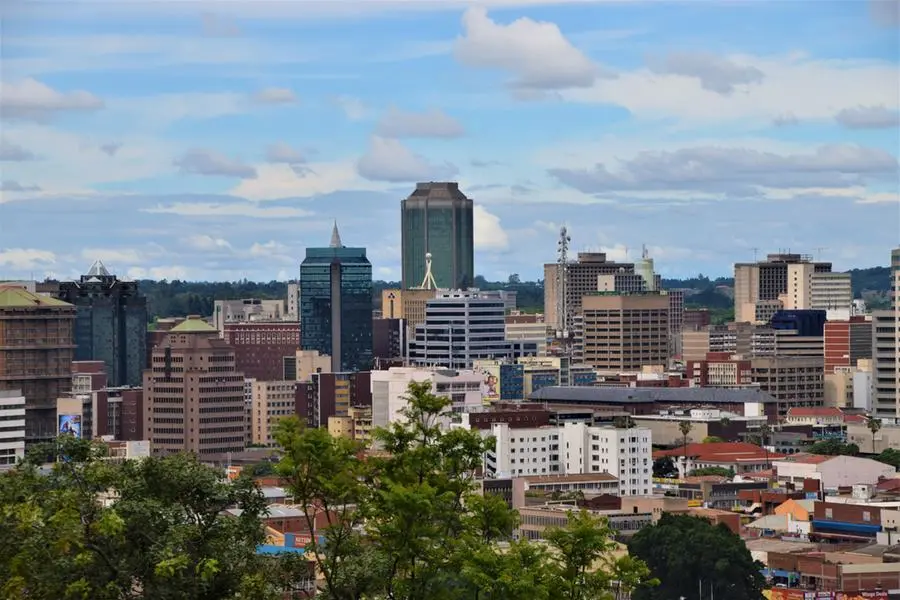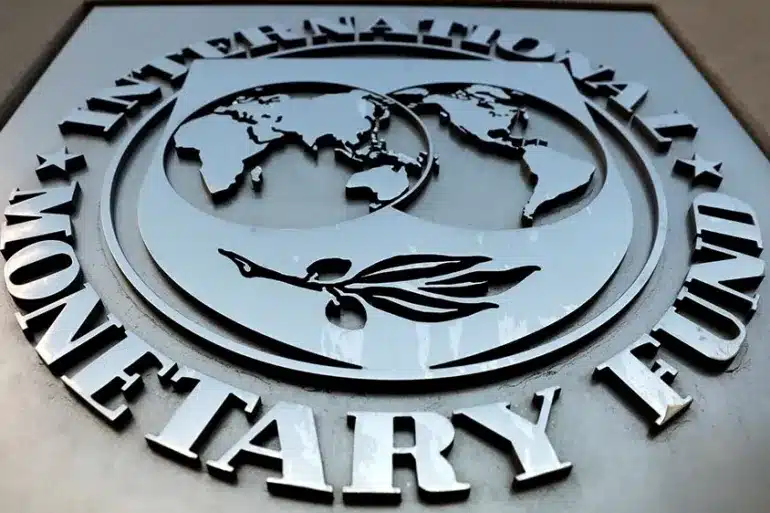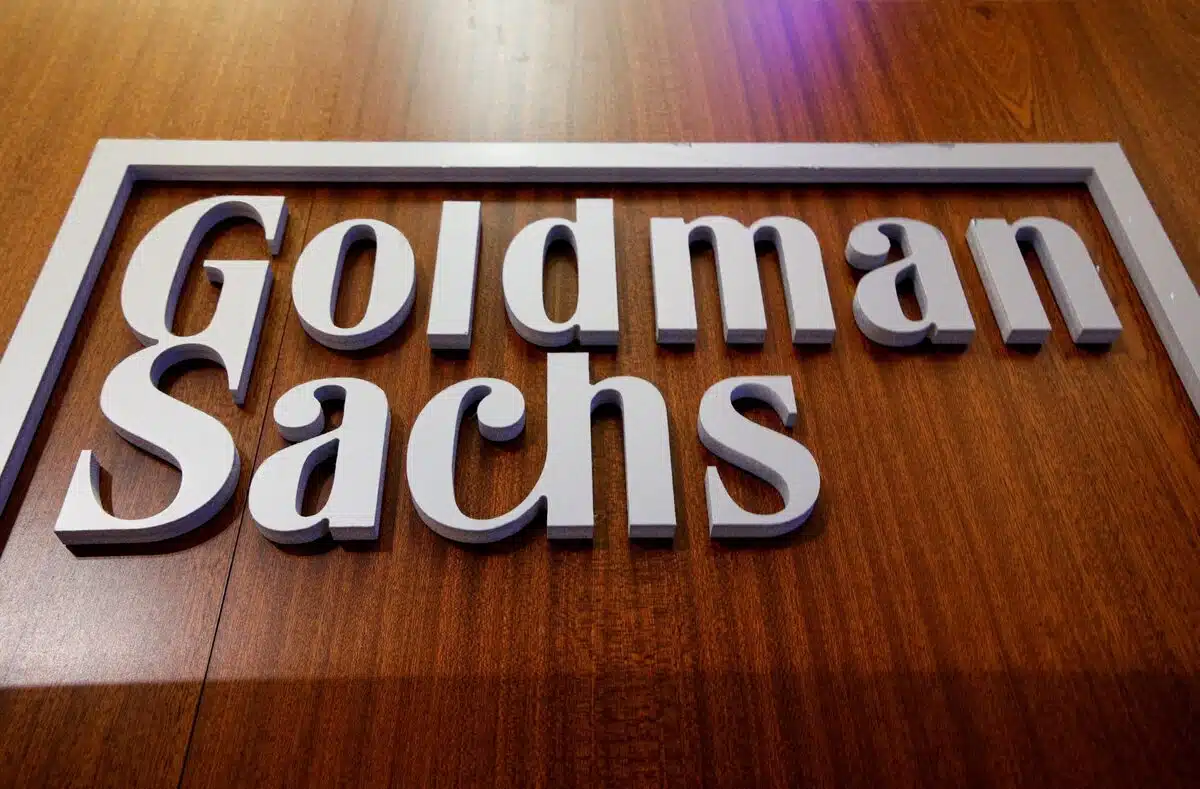Ghanaian firms recorded a modest improvement in operating conditions in August 2025 as cooling price pressures supported demand, even though output declined for a second month, according to S&P Global.
The headline Purchasing Managers’ Index (PMI) rose to 50.8 from 50.2 in July, staying above the 50.0 no-change mark for the seventh straight month. S&P Global said the latest reading “pointed to a modest strengthening in the health of the private sector.”
The upturn coincided with easing inflation in Africa’s second-largest gold producer.
Consumer prices dropped for the eighth consecutive month to 11.5% last month from 12.1% in July, marking the lowest level since October 2021. The decline was primarily driven by falling food prices.
Price cuts secure demand, jobs rise
“Price reductions continued to help companies in Ghana secure new business during August,” the PMI report stated. New orders rose for the seventh month running, with respondents linking the growth to lower charges.
Selling prices fell for the fourth straight month as companies passed cost savings on to customers. Although the pace of decline was slower than July’s record, firms still reduced charges significantly.
Purchase prices fell for a third month, extending the sequence of declines as businesses benefited from softer input costs.
In response to stronger order books, employment rose for the seventh month in a row. Staff costs also increased as companies sought to help workers cope with high living expenses.
S&P Global highlighted that “higher staff costs were recorded alongside sustained job creation,” which allowed firms to reduce backlogs for the 12th straight month.
At the same time, purchasing activity grew at the fastest pace since November 2024, with companies building inventories in anticipation of stronger demand.
Vendor performance also improved solidly, underlining a smoother supply environment.
Output slips but confidence remains high
Despite rising orders and job creation, activity fell for the second consecutive month in August.
“The reduction was modest, but the most marked since January,” the report noted, adding that several firms blamed unusually poor weather for the disruption.
Business confidence, however, remained firmly upbeat, with around 82% of firms expecting higher activity over the next year.
Sentiment was among the highest in the past eight-and-a-half years, underpinned by exchange rate stability and the belief that lower prices will continue to support demand.
With inflation now at a near four-year low, firms are betting that softer price pressures will keep orders flowing through the remainder of 2025.
“Indeed, companies remained strongly optimistic regarding prospects for the coming year, Andrew Harker, Economics Director at S&P Global Market Intelligence, concluded.










